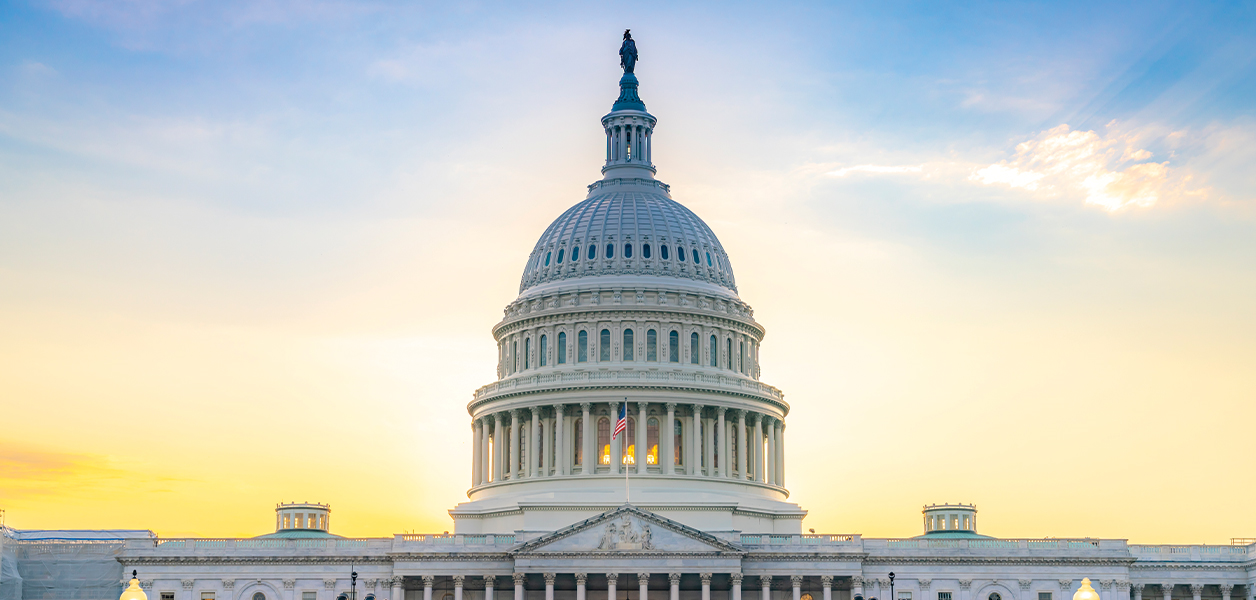DHS announces an additional 35,000 H-2B visas will be available
The Department of Homeland Security announced today it will soon provide 35,000 additional visas for the H-2B seasonal guest worker program in 2022. The H-2B program has been used by NRCA members for many years to supplement their workforce needs during peak season. In January, NRCA CEO Reid Ribble sent a letter to Secretary of Homeland Security Alejandro Mayorkas and Secretary of Labor Marty Walsh urging the administration to provide additional H-2B visas given the roofing industry’s significant workforce needs.
The DHS announcement indicates the agency will soon issue a joint temporary final rule providing an additional 35,000 H-2B visas for the second half of fiscal year 2022 (April 1 to Sept. 30). This supplemental visa allocation will consist of 23,500 visas available for returning workers who received an H-2B visa or were otherwise granted H-2B status during one of the past three fiscal years. The remaining 11,500 visas are reserved for individuals from El Salvador, Guatemala, Haiti and Honduras.
The supplemental visas are necessary because current law only allows for 66,000 visas to be issued during a calendar year (33,000 for each half of a fiscal year), which is woefully insufficient to meet economic demand. The DHS action to provide an additional 35,000 visas is a result of Congress giving the Biden administration the authority to provide more visas on a limited basis.
NRCA commends DHS’s action because it will help more seasonal businesses, including many roofing contractors, get the workers they need to meet consumer demand in 2022.
President Biden releases fiscal year 2023 budget proposal
On March 28, President Biden released his budget outline to Congress, which contains $5.85 trillion in spending and a deficit of $1.2 trillion. The proposal includes $1.6 trillion in discretionary funds, $813 billion for defense and $769 billion for nondefense. Deficits would be reduced by $1 trillion over 10 years in part because of a new proposed tax on billionaires. This budget omits the president’s climate and social spending package, Ukraine aid and additional COVID-19 relief Congress may consider. For more information, view Bloomberg’s budget summary.
NRCA is pleased this proposal includes an increase of $21 million for career and technical education state grants compared with fiscal year 2022 spending. NRCA continues to analyze these spending provisions and additional tax proposals.
This proposal begins the season of review and debate on Capitol Hill regarding its next budget, which is due Oct. 1. Budgets are particularly difficult to pass during an election year, and NRCA does not anticipate Congress having the political will to pass all 12 appropriations bills on time. In fact, the spending for fiscal year 2022 was not approved until March 15—nearly six months into the fiscal year.
OSHA announces amendments to its occupational injury and illness record-keeping regulation
On March 28, the Occupational Safety and Health Administration announced it is proposing amendments to its existing occupational injury and illness record-keeping regulation. The current regulation requires certain employers to electronically submit to OSHA their injury and illness data, which they are required to keep. In addition to reporting their Annual Summary of Work-Related Injuries and Illnesses, the proposed rule would require certain employers in high-hazard industries to electronically submit additional information from their log of work-related injuries and illnesses, as well as their Injury and Illness Incident Report.
Specifically, the proposed regulation, if finalized in its current form, would:
- Require employers with 100 or more employees in certain high-hazard industries, including construction, to electronically submit information from their OSHA Forms 300, 301 and 300A once per year to the agency
- Update the classification system used to determine the list of industries covered by the electronic submission requirements
- Remove the current requirement for establishments with 250 or more employees not in a designated industry to electronically submit information from the Form 300A to OSHA annually
- Require employers to include their company name when making electronic submissions to OSHA
- Continue to require employers with 20 or more employees in certain high-hazard industries, including construction, to electronically submit information from their OSHA Form 300A annual summary to OSHA
The Notice of Proposed Rulemaking was published in the Federal Register March 30. Comments regarding the proposed changes are due 60 days after publication. NRCA is reviewing the proposed regulation and will be submitting comments outlining its members’ views.
Rep. Don Young (R-Alaska), Dean of the House, passes away after 49 years of public service
Alaska Congressman Don Young passed away March 18. Young was first elected to the House of Representatives in 1973 and was known for his jolly nature that could at times err on the side of gruff, to put it mildly. Before entering politics, Young was a tug and barge operator who delivered supplies to villages along the Yukon River, served in the Army and taught fifth grade at a Bureau of Indian Affairs school.
In 1972, Young was the Republican challenger to Democratic Rep. Nick Begich. Three weeks before the election, Begich’s plane disappeared in flight, but Alaskans reelected Begich anyway. Begich was declared dead in December 1972, and Young won a close special election in March 1973 and held the seat until his death. He was running for reelection this year against a field that included one of Begich’s grandsons, Republican Nicholas Begich III.
In 2013, Young became the longest-serving member of Alaska’s congressional delegation, surpassing the late Sen. Ted Stevens, who served for 40 years. The often-abrasive Young had a sense of humor and a camaraderie with colleagues. He famously once said: “When you do have a problem or if there’s something so contentious, let’s sit down and have a drink, and solve those problems.” It would serve us well to remember his words.





